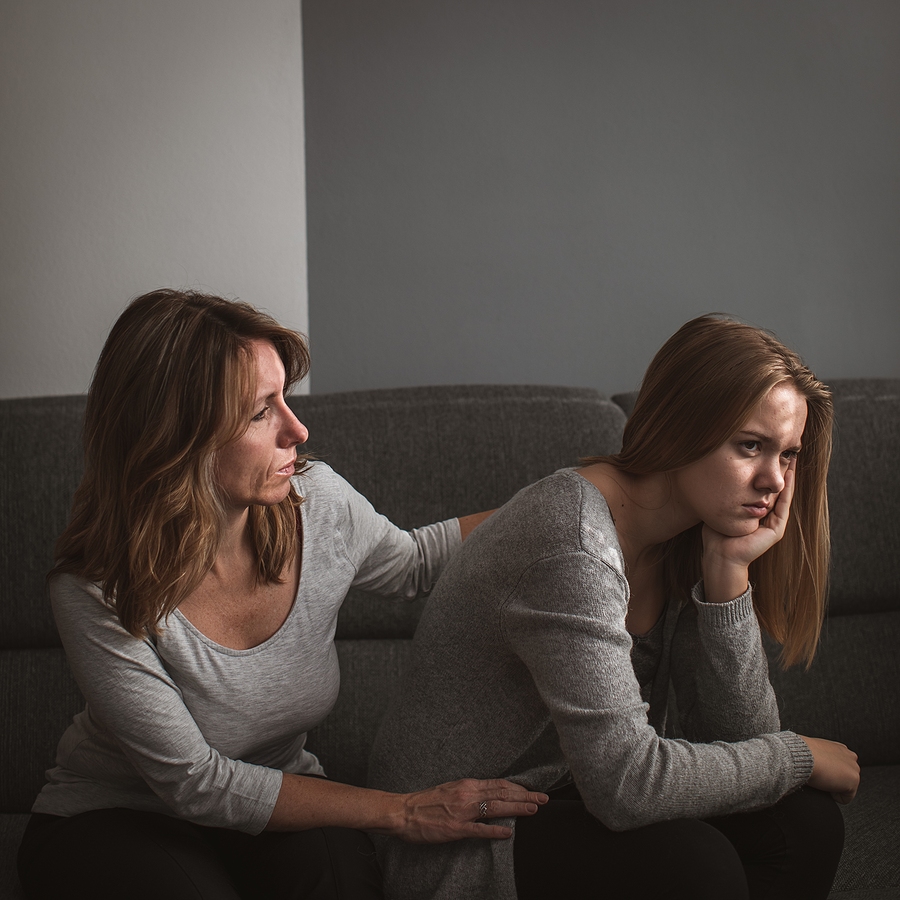Emotional resilience gives you the strength to face stress, loss, and daily struggles without losing balance. In group therapy, you gain that strength in a shared space where support and structure allow growth. Group therapy activities aim to help you regulate emotions, reduce stress, and connect with others. As you take part in these sessions, you discover new ways to manage feelings and build confidence in your ability to cope.
Icebreakers That Build Trust
Trust creates the base for any successful group. Icebreakers open the door to comfort and honesty, allowing members to lower walls in a safe space. A short introduction exercise or a name game encourages connection without pressure. When laughter or light conversation flows early, you feel more at ease sharing personal thoughts later.
These group therapy activities encourage openness and show you that others listen without judgment. Trust develops through small steps: answering a casual question, sharing a story, or reacting to someone else’s comment. Over time, these exchanges create safety and belonging. That environment makes deeper emotional work possible and helps you feel supported rather than exposed.
Role Play for Communication Growth
Role play allows you to practice real conversations in a safe setting. You step into scenarios that mirror challenges you face at home, school, or work. By taking on a part, you try new responses, explore tone, and test ways of expressing yourself that feel difficult in real life.
As you swap roles with other members, you see how words and actions affect others. That perspective gives you tools to handle conflict and misunderstandings outside of therapy. The group process adds depth because feedback from peers highlights patterns you may not notice alone. Over time, your ability to communicate improves, and you gain confidence handling difficult moments.
Art Exercises That Reduce Stress
Art offers a nonverbal outlet for emotions that feel hard to express in conversation. When you draw, paint, or use color, your mind slows down and stress eases. The process creates focus and gives shape to feelings that might otherwise stay bottled up.
In a group setting, sharing artwork opens a connection on a level beyond words. You see how others express sadness, hope, or frustration, and you realize you are not isolated in your struggles. The act of creating also fosters calm. As hands move across paper, your thoughts shift away from stress, and you leave the session with more peace than when you entered.
Journaling for Self-Reflection
Writing in a journal provides clarity about what weighs on your mind. Putting words on paper helps you notice patterns in your emotions and reactions. You see progress when you look back, which strengthens confidence in your ability to manage future stress.
During group sessions, journaling becomes even more powerful. When members share reflections, new insights emerge. You hear echoes of your own thoughts in others and gain a fresh perspective on your experiences. Journaling builds self-awareness and encourages honest exploration of feelings, which deepens resilience and stability over time.
Games That Encourage Teamwork
Team-based therapy games for emotional growth remind you how to rely on others and allow others to rely on you. In therapy, this fosters a sense of unity that strengthens resilience. These activities demand cooperation, planning, and shared effort, which mirrors the skills you need to manage relationships outside the group.
Working through a puzzle or structured challenge shows how trust builds when people face goals together. Success feels rewarding, but even setbacks teach lessons. Each effort proves that support exists and that you can draw strength from connection. That sense of shared effort carries into daily life, helping you build stronger bonds and deeper resilience.
Schedule a Consultation with a Teen Therapist
Adolescence brings emotional hurdles that often feel heavy and confusing. Group therapy tailored for teens provides guidance during this period. Contact Alis Behavioral Health by calling (888) 528-3860 or using our online contact form. A consultation with a teen therapist gives you a chance to discuss specific concerns and identify group activities that fit your needs.
















